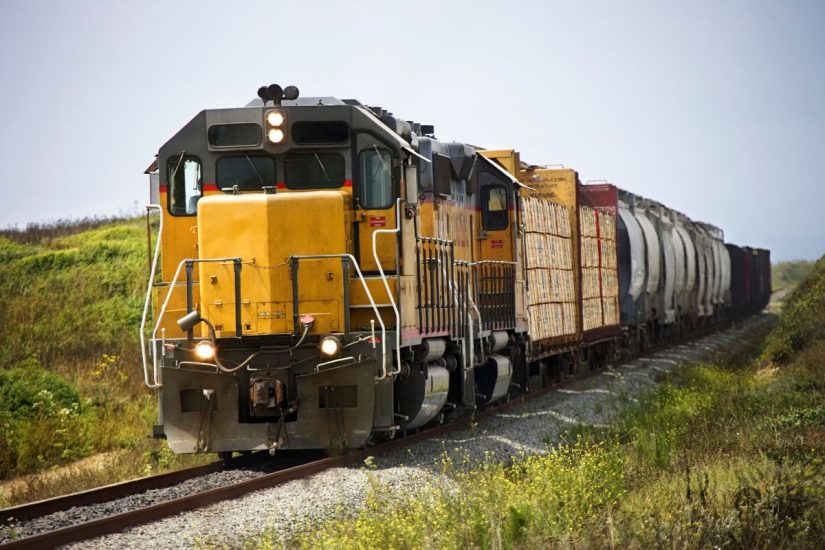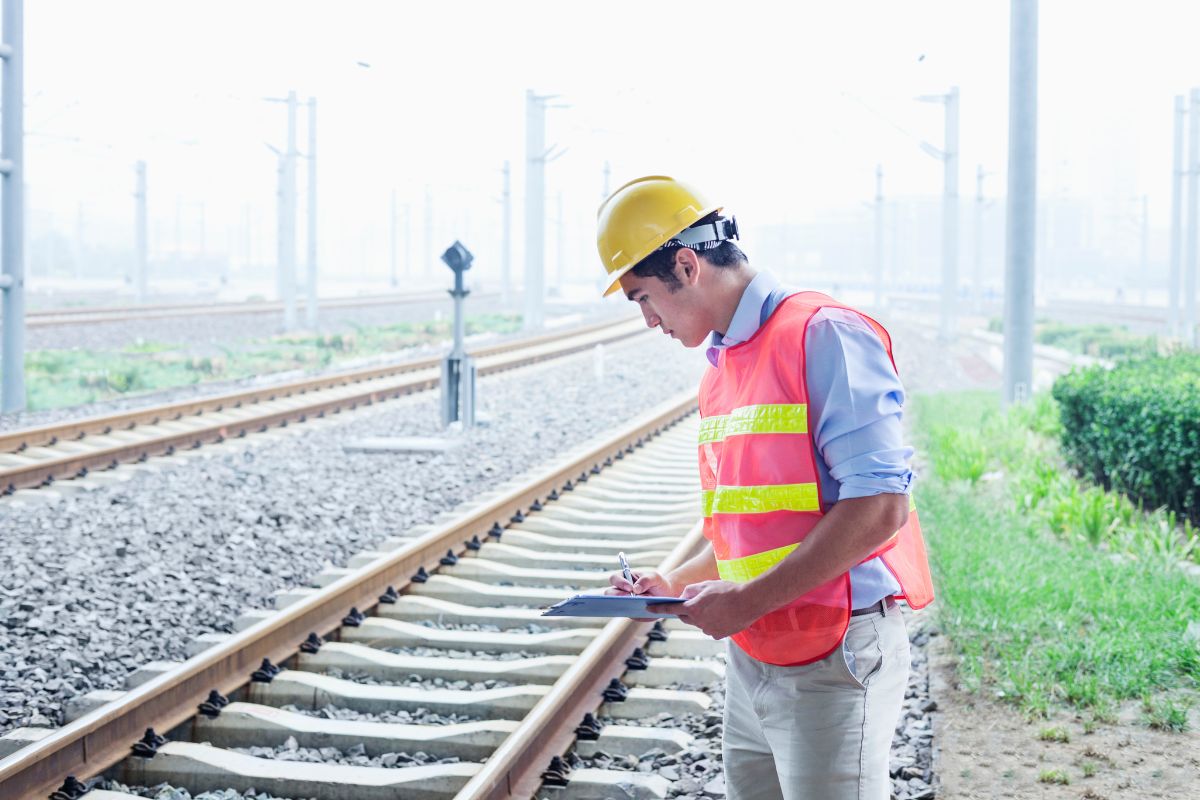The Federal Employers Liability Act (FELA) provides a unique set of protections for railroad workers injured on the job, offering them the possibility to sue their employers directly for negligence. However, navigating FELA claims involves specific challenges that require the expertise of a seasoned Train Accident Lawyer. Here are some of the main hurdles faced by injured railroad workers:
- Proving Employer Negligence
- Complexity of Laws and Regulations
- Determining the Full Scope of Damages
- Dealing with Railroad Legal Teams
- Statute of Limitations
- Contributory Negligence
Facing these challenges effectively demands legal support from a knowledgeable Railroad Injury Lawyer who understands the intricacies of FELA and can navigate its complexities to advocate successfully for injured railroad workers. At The Carlson Law Firm, we are committed to providing robust representation to ensure that our clients receive the full compensation they deserve.




